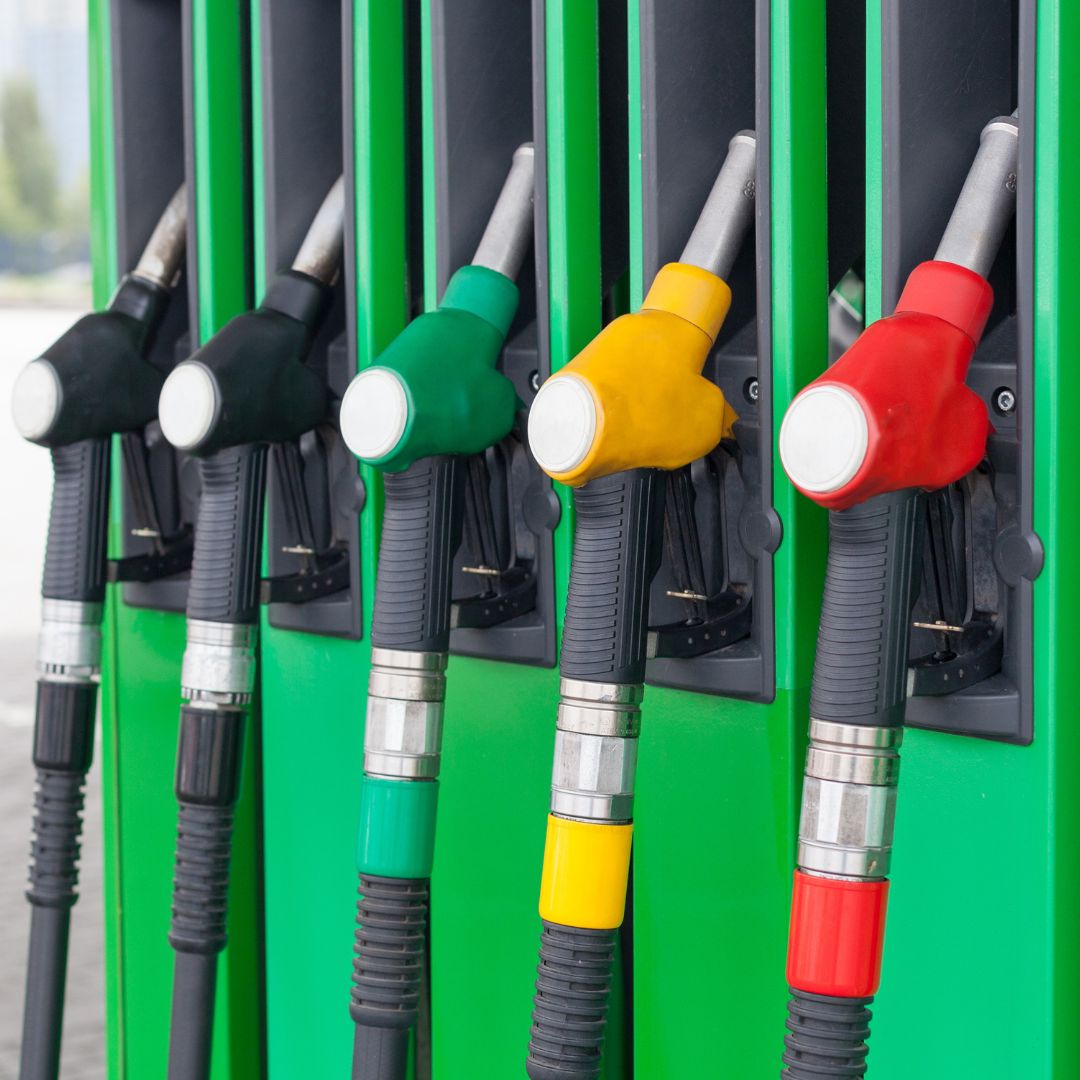Fuel consumption is a critical factor that directly affects the success and profitability of businesses across various industries. Whether you operate a small delivery service or manage a large fleet of vehicles, understanding and managing fuel consumption is essential for optimizing operational costs, reducing environmental impact, and maintaining a competitive edge.
This article will explore the impacts of high fuel consumption on businesses, strategies to reduce fuel consumption, and the benefits of implementing fuel-saving measures.
Factors Affecting Fuel Consumption
Fuel consumption is influenced by several factors, including vehicle type, engine efficiency, driving conditions, payload weight, route efficiency, and driver behavior. Larger vehicles, excessive idling, aggressive driving, inefficient routes, and inadequate maintenance can all contribute to higher fuel consumption.
Importance of Monitoring Fuel Consumption
“Monitoring fuel consumption is vital for businesses to identify inefficiencies, track costs, and make data-driven decisions. Regular monitoring allows for the identification of patterns and trends, enabling businesses to implement targeted strategies for fuel efficiency improvement.”

Impacts of High Fuel Consumption on Business
High fuel consumption can have significant implications for businesses, affecting both financial and environmental aspects.
Increased Operating Costs
One of the most immediate impacts of high fuel consumption is increased operating costs. Fuel expenses often constitute a significant portion of a company’s budget, and inefficient fuel usage can quickly eat into profit margins. As fuel prices fluctuate, businesses with high consumption face financial strain and reduced profitability.
Reduced Profit Margins
High fuel consumption directly impacts profit margins. With rising fuel costs, businesses that fail to manage consumption effectively experience reduced profitability. Lower profit margins can limit opportunities for growth, hinder investment in equipment and technology, and hamper the ability to remain competitive in the market.
Negative Environmental Impact
Excessive fuel consumption also has adverse environmental consequences. Increased greenhouse gas emissions contribute to climate change and air pollution. Businesses that do not prioritize fuel efficiency and sustainability may face public scrutiny and damage to their reputation, especially as environmental consciousness continues to grow among consumers.
Strategies to Reduce Fuel Consumption
Implementing strategies to reduce fuel consumption is essential for businesses to mitigate the negative impacts and achieve long-term sustainability. Here are several effective strategies to consider:
Efficient Route Planning
Optimizing routes is crucial for minimizing fuel consumption. Utilizing mapping and routing software can help identify the most efficient paths, taking into account factors such as traffic conditions, road quality, and distance. By avoiding congested routes and reducing unnecessary mileage, businesses can significantly reduce fuel usage.
Vehicle Maintenance and Upkeep
Regular vehicle maintenance plays a vital role in fuel efficiency. Properly inflated tires, clean air filters, and well-maintained engines contribute to optimal fuel consumption. Routine inspections, timely repairs, and adherence to manufacturer-recommended maintenance schedules are essential to ensure vehicles operate at peak efficiency.
Driver Training and Behaviour
Driver behaviour has a direct impact on fuel consumption. Encouraging and providing training programs that promote fuel-efficient driving techniques, such as smooth acceleration and deceleration, maintaining consistent speeds, and avoiding excessive idling, can lead to substantial fuel savings. Incentivizing drivers who consistently demonstrate fuel-efficient practices can further encourage positive behaviour.
Utilising Fuel-saving Technologies
Advancements in technology offer numerous opportunities to improve fuel efficiency. Businesses can invest in fuel-saving technologies such as fuel-efficient vehicles, hybrid or electric vehicles, and aerodynamic enhancements. Additionally, telematics systems and vehicle tracking devices provide real-time data on fuel usage, allowing businesses to monitor and identify areas for improvement.
Benefits of Reducing Fuel Consumption
Implementing strategies to reduce fuel consumption brings several significant benefits for businesses:
Cost Savings
Reducing fuel consumption directly translates into cost savings. By optimizing fuel usage, businesses can allocate the saved funds to other critical areas such as expansion, employee benefits, or research and development. Over time, these cost savings can have a substantial positive impact on the bottom line.
Improved Environmental Sustainability
Reducing fuel consumption contributes to environmental sustainability. By lowering greenhouse gas emissions and minimizing the carbon footprint associated with business operations, companies can demonstrate their commitment to environmental responsibility. This not only benefits the planet but also resonates with eco-conscious consumers who prefer environmentally friendly businesses.
Enhanced Reputation
Businesses that prioritize fuel efficiency and sustainability often enjoy an enhanced reputation in the market. Being recognized as an environmentally responsible company can attract environmentally conscious customers, increase brand loyalty, and differentiate a business from its competitors. A positive reputation as a fuel-efficient business can lead to increased customer trust and goodwill.
Conclusion
Fuel consumption significantly impacts businesses in terms of operating costs, profitability, and environmental sustainability. By understanding the factors influencing fuel consumption and implementing effective strategies to reduce it, businesses can optimize their operations, save costs, and position themselves as environmentally responsible entities. Embracing fuel-saving technologies, prioritizing driver training, and efficient route planning are key steps toward achieving sustainable and fuel-efficient operations. Reducing fuel consumption not only benefits the business but also contributes to a greener and more sustainable future.




